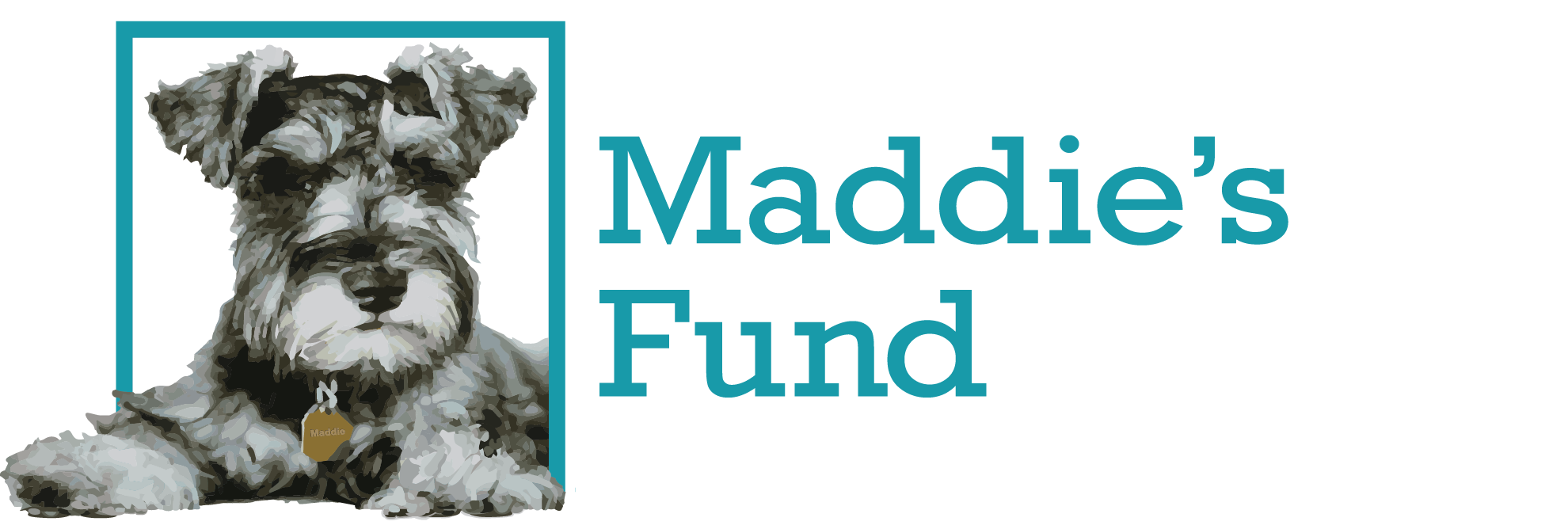Recent changes to how Facebook treats posts by pages in their followers’ newsfeeds may spell trouble for animal organizations.
I f you've noticed your posts to your animal organization's Facebook page haven't been getting as many likes, shares, comments or views as they used to, you're not imagining it.
f you've noticed your posts to your animal organization's Facebook page haven't been getting as many likes, shares, comments or views as they used to, you're not imagining it.
Facebook has long restricted what's known as "organic reach," or how many of your page's followers view your posts without paid promotion. However, that number has been dropping from around 25 percent to 16 percent to as low as 2-3 percent for pages with very large followings. What can animal organizations do to make sure their message gets out?
"When I started seeing the impact of these changes on pages I manage, my first impulse was to find an alternative to Facebook for my clients, especially those with large followings," said social media consultant Christie Keith. "Some of my colleagues said they'd be heading for Google+, or shifting focus to Pinterest or Twitter, or even Facebook-owned Instagram."
Keith said she agrees animal organizations need to be on the lookout for new opportunities in social media for pet adoption and cause awareness, but she also believes it's a mistake to look for an "alternative" to Facebook.
"I don't think what will replace Facebook will be a single service that draws all its users away," she said, "but genuine innovation that creates a new type of social media experience for users, whether on one platform or many. Until it's clear what that will look like, animal organizations that have had good results on Facebook should continue using it."
So what should animal organizations be doing on Facebook to beat the squeeze?
"Everyone, including me, tells you to focus on great content," she said. "And you should. Content that is educational, inspirational, funny, or heartwarming will always out-perform boring, routine content on Facebook. But it doesn't matter how good your content is if no one sees it. So yes, your content needs to be good, but as Facebook continues to throttle organic reach, it's not going to be enough in and of itself."
Her tips for easing the impact of Facebook's squeeze on organic reach, which is the number of fans who see your page's posts:
Focus on the big picture. "It's easy to freak out over a drop in views, shares, likes and comments," said Keith, "because those numbers are right there on every post. But if you step back and look at your overall page reach, rather than post reach, you may find that, if you simply post a little more frequently, it will be unchanged. And that means your message is getting out!"
Understand how Facebook decides who sees your posts. "Facebook shows your posts not to randomly selected people who liked your page, but to those who have most recently interacted with it," Keith pointed out. "That means those are your most engaged followers. Yes, that may mean you're preaching to the choir, but as they say, that's how you get them to sing — or in this case, share your posts."
Stop soliciting engagement. "Facebook has been very clear that it will downgrade posts that rely on memes (images with text on them) as well as requests for shares, likes or comments," Keith said. "I continue to see memes as being some of the most-shared posts across all my pages, but I am still careful about not using them too much. And while I sometimes request a post about a pet looking for a home be shared, I'm careful to include it in the copy in a less-blatant way, rather than putting it at the beginning or end."
Learn to use Facebook Insights to know when, what, and how frequently to post. "Most of the shelters and rescue groups I work with have never even looked at the Facebook analytics program," Keith said. "But that's the only way to know when your fans are active on the service, and what type of posts — photos, links, status updates, videos — do best for your page." There's a basic tutorial on using Insights here.
Consider paying to play. "A lot of groups insist they won't use paid promotion, either because they don't want to give in to Facebook on this issue, or because they think they can't afford it," she said. "As to the first, it's their playground, so while it's incredibly frustrating that Facebook has no non-profit program, and that they're forcing you to pay to show your posts to your own fans, they make the rules. For the time being, the animals will probably be best-served by accepting that reality, and trying to make the most of it."
Additionally, she said, Facebook post promotion is a lot less expensive than it used to be, and even a budget of a few dollars a week can make a difference.
Keith will be covering paid promotion and more in her upcoming free Maddie's InstituteSM webcast, "Social Media: 6 New Things Animal Organizations Need to Know."
